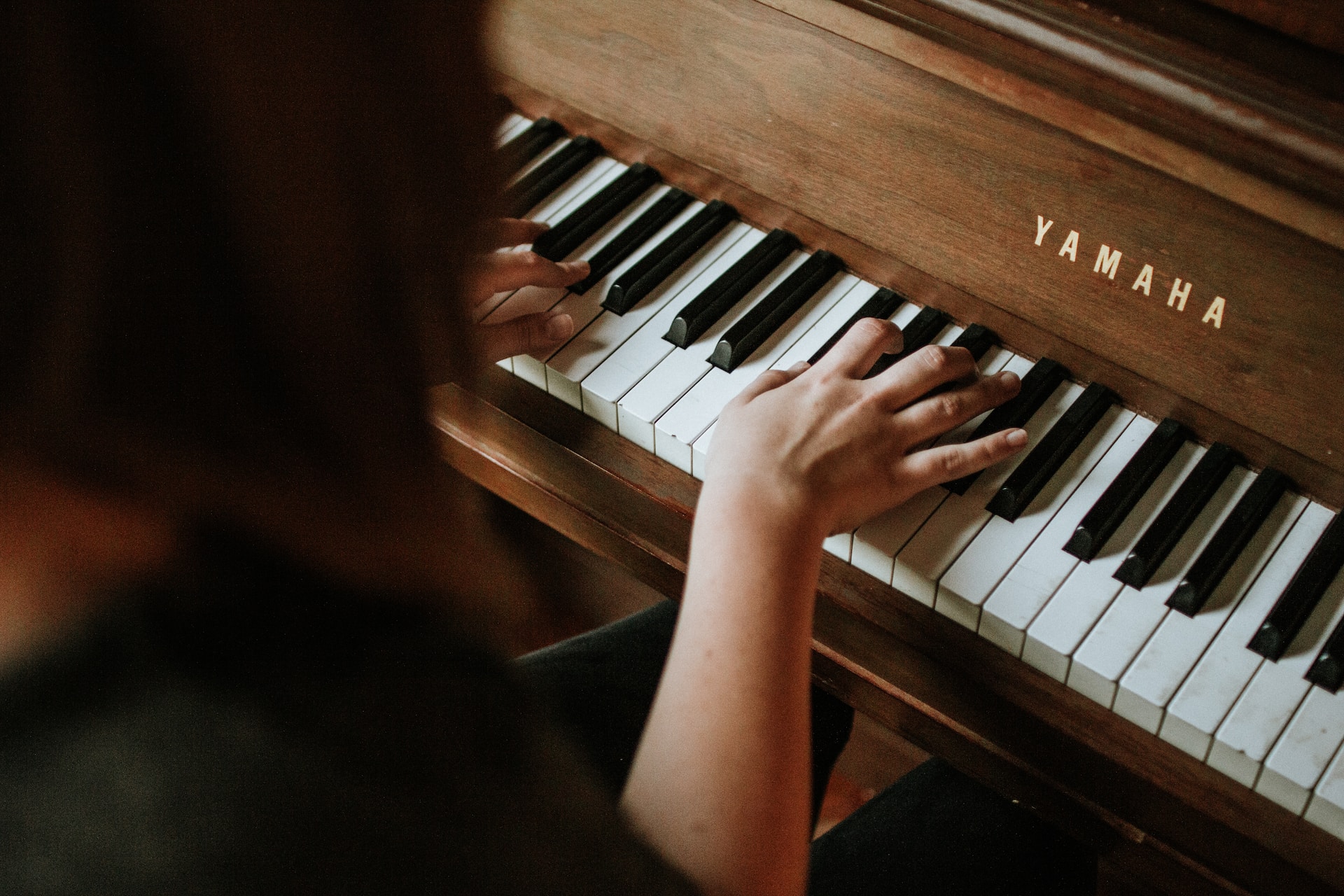Studying music can be a great way to develop discipline and patience, while also building cognitive skills. Music has been proven to help improve memory, concentration, and creativity, as well as boost academic performance. Additionally, learning an instrument can enhance social confidence and provide an outlet for expressing emotions and feelings that words alone cannot describe.
Piano in particular is a great instrument to start on because it offers instant response and because it is a very visual instrument. It is an instrument you can sound “good” on very quickly. For these reasons, many people choose to play piano as their first (or next) instrument. Here are the top reasons to learn piano (or any instrument):
Reason 1: Improve Your Ability to Come Up with Good Ideas by Exercising Your Creative Brain
The Netflix documentary “The Mind Explains” says that creativity is a muscle that can be exercised and developed. Playing an instrument is a very natural way to work out our creative brains as it requires us to bring multiple different concepts into one output (and therefore practice creativity and develop unique combinations of ideas). In fact, musical creativity has been part of civilization since the first century (A.D.).
Reason 2: An Automatic Brain Game!
Because it is such a visual instrument, the piano allows players to better understand music theory which can help to promote critical thinking and problem-solving skills.
Playing an instrument in general is a mentally stimulating activity because of the cognitive and physical components of playing and honing this new skill. There are few endeavors and hobbies as engaging and mindful as playing an instrument. It could be argued that studying an instrument is the ultimate brain game!
Reason 3: Building Confidence
According to Joe Ferrante, composer, pianist, and founder of the Joe Ferrante Music Academy in Monrovia, CA, mastering an instrument allows students “to believe in the impossible, to see the unseen, to search for the unheard, and to make it exist in the real world because it does in your head.”
This act of learning to build a bridge between the impossible and the possible undoubtedly instills considerable confidence and creates a skill set that translates to any profession or pursuit later in life.
Reason 4: To Reduce Stress
Learning to play piano can be a great way to relax, destress, and provide a creative outlet. The process of learning to play the piano is by nature rhythmic and meditative, and therefore a great activity for relieving stress.
Additionally, simply listening to music has been shown to reduce levels of cortisol (the stress hormone) and improve your overall well-being. So if you’re feeling overwhelmed or need a mental break, you can take some time to play the piano and give yourself a break!
Reason 5: Learning to Listen to Your Inner Voice
When learning to play piano or any other instrument, you are exercising the ability to trust who you are through your unique expression. As music students progress in their lessons, they will become more confident in their own decisions and learn to trust that internal intuition.
For children in particular, exposure to music during childhood has the potential to shape
their perception of the world and enhance critical thinking skills. Music can stimulate the imagination and cultivate a love of creative expression that can be lost over time due to external influences such as peer pressure, financial concerns, and societal expectations. By encouraging children to embrace music and its many benefits, children learn to have confidence in their inner voice.
Reason 6: Learning to Trust Your Body
Learning to play piano requires coordination of both your hands, feet, and eyes, not to mention numerous cognitive functions. Playing an instrument is a type of exercise that allows us to become more in tune with our body and its natural rhythms. This understanding of bodily movement helps build trust in one’s own body and physical capabilities.
In Conclusion
Ultimately, learning an instrument can be a great way for anyone to benefit from the joy of music and express their creativity. Whether you are a beginner or a seasoned musician, learning to play piano can provide a lifetime of mental, emotional, and physical benefits. So if you’re looking for an enjoyable way to exercise your brain, reduce stress and boost self-confidence – give playing piano a try!


